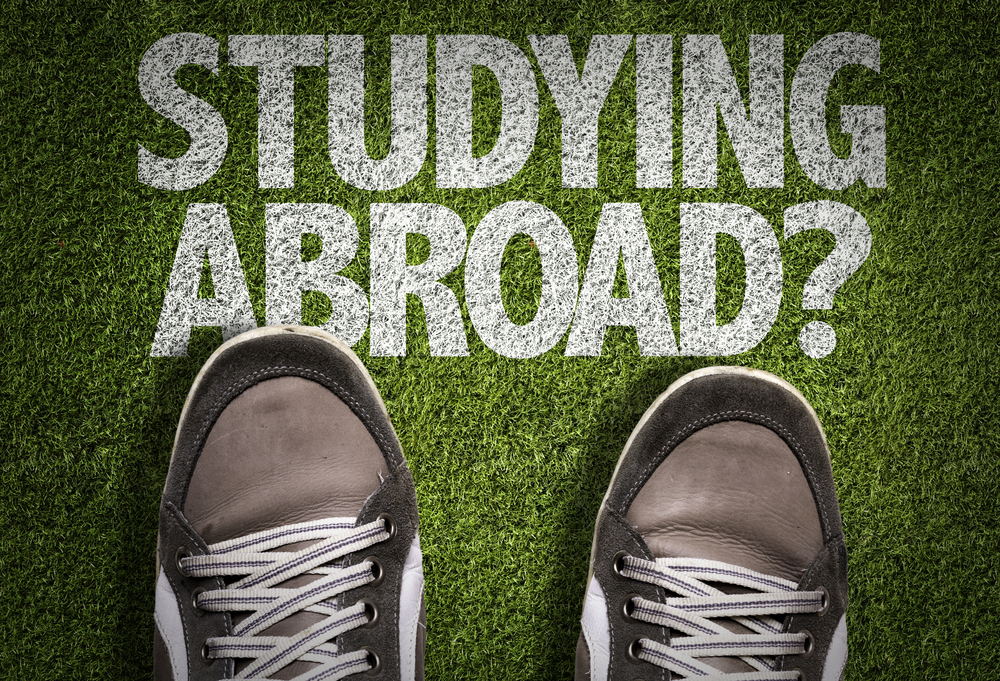<p>If you want to get the most of your studying experience, there are a few things that you can do very easily. Here are some of them:</p>
<ol>
<li>Study regularly ahead of time: About six months before your departure, you should study ahead of the time. There are many things that you can learn. As an example, you need to learn local language and things that you will study in the college. Foreign students often need to do more things, related to immigration, accommodation, part-time jobs and others. It would be a good thing if you learn about all the important things ahead of time.</li>
<li>Seek new friends: Foreign students should aim to make new friends. It will be much more comfortable if you hang out with locals. They should be able to show the ropes of the area, such as looking for new foods and speak the local languages. You may find that the local language is more complex than what you thought previously, because each area could have distinct vocabulary and accents, although they share the same root language.</li>
<li>Go out more: It can be quite intimidating to interact as a foreigner, but you shouldn’t be total nerd when studying abroad. It is true that you need to work and study hard. You may waste money and time, if you get only mostly C, when you study abroad. Talk to your advisors to know how to achieve the best results, without spending too much time. This is the time when you can travel and enjoy your surroundings. It’s obvious that you need to have good knowledge about time management. Find out what the acceptable minimum effort to get at least 3.00 GPA and you should go beyond that, but it doesn’t mean that you should spend your time in library all the time.</li>
<li>Get contact information of classmates: At the beginning of class and at day one, you should approach as many classmates as possible. Ask for their names and their contact information, such as email and phone numbers. Show that you have genuine intention to interact and people will react well. Ask a little bit about them and they will be glad to start the conversation.</li>
<li>Stay in touch with those in your home country: Because you will spend at least a few years in a distant country, you should always stay in touch with friends and family. Social media is an affordable and easy way to do this, compared with phone calls and text messages; which can be quite costly.</li>
<li>Volunteer: During weekends and holidays, you can give back to the local community by volunteering. There are social works that you can do. People will appreciate your willingness to help and this is an effective way to interact with locals. You can also learn about local culture and native language more easily by volunteering, because people will be eager to interact with you. If possible, choose a volunteer program that’s related to your area of study, which will look great in your resume.</li>
</ol>

Six Ways to Improve Your Experience When Studying Abroad
